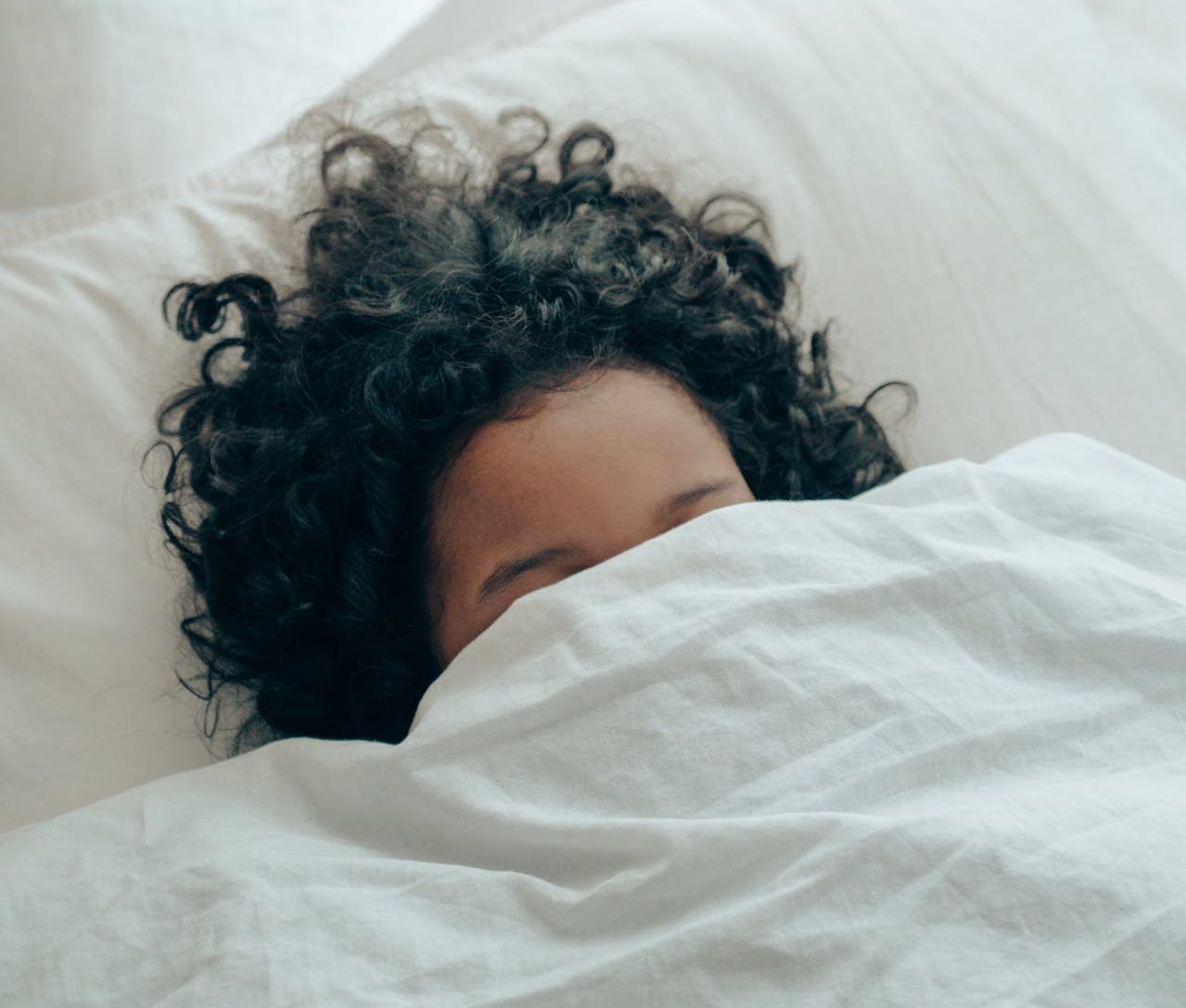How to Improve Your Sleep Environment
Sleep restores everything in our bodies. It’s essential for proper functioning of immune, nervous, skeletal, hormonal, and muscular systems, plus it regulates our metabolism and affects our brain power.
As such, getting a good night’s sleep is crucial for good health. One thing that may help is creating your own sleep sanctuary to help you support your goals.
So, if you’re on the hunt for tips on how to enjoy a better sleep, here are a few things that make a big difference when it comes to creating the perfect sleep environments, so let’s look at these one by one:
Best Room Temperature For Sleep
To know where your destination is, knowing your starting point is essential. What’s the current temperature in your room?
This can feel like a real goldilocks thing. Too hot, too cold, just right – you might find that you enjoy better sleep quality at one temperature than someone else. But, science has revealed there is actually an ideal temperature range for the perfect sleep environment.
Recommendations are for between 16 to 20C (60-68F).
Do you have an accurate thermostat or is there an app you can use? Alternatively, just place a room thermometer in the centre of the room, leave for five minutes and then check to see if you’re close.
If your room doesn’t fall into this range try:
- Extra blankets
- An electric blanket
- Open windows
- A fan
All of this is to help you achieve the optimal body temperature to help you achieve good quality sleep where you don’t experience any disturbances from being too warm or cold.
Light levels
Our body runs on an internal clock you may have heard of: our circadian rhythm. One of the strongest cues for that rhythm is light – and it’s why blue light blocking glasses are all the rage in biohacking circles.
Daytime natural light wakes us up and regulates us. Exposure, especially early in the day, is critical to quality sleep. One of the best things you can do when you wake up is jump out of bed and stand in front of a window – of course, make sure you’re appropriately dressed first!
You could also get a clock timer that lights up your bedroom as you wake up.
Night-time light (especially artificial or blue light) messes with internal body clocks, making it harder to fall asleep and/or stay asleep. It’s one of the reasons I try and work with my clients to get them to ditch screens before bed.
Here are a couple of other tips to avoid light exposure at night:
- use a dim alarm clock, and/or cover it up.
- set up thick blackout curtains or blinds
- try and ramp down in the hours before bed – maybe dim the lights earlier or use some red bulbs in some lamps
Manage Noise in Your Sleep Environment
Think about how you can create more peace in your environment.
Some things are out of your control when it comes to noise, especially if it’s external. That can feel really frustrating sometimes. But, fear not, there are solutions.
You could reduce outside noise with some white noise from a fan or dehumidifier, or even check out a white noise machine.
Or something soothing like a sleep story can help to ease you into a restful sleep environment, even if there are some background sounds, it can help to create a calm environment.
Also try to speak to the rest of the family if you wake at different times and see if you can’t work together on a solution: My daughters were recently ecstatic when I went around the house and applied WD40 oil to all the creaking doors!
Avoid Electronics
Electronic media are stimulating (see my above comment about screens and blue light exposure). They rev up our brain and body even if we don’t realise it, and the light from screens can interfere with natural circadian rhythms.
Thinking about your sleep space, could you make that a gadget-free zone to benefit your sleep quality?
- Do you really need a phone in your bedroom environment?
- If you need it for an alarm, could you get an old-fashioned clock to do this with no LEDS?
- Could you make small changes to screen time? Reduce it by 15 minutes a night for a few weeks say
- Could you keep a notebook and pen by the bed to write down some streams of thought – brain dumping can often help with sleep
- A story book for reading is a good idea – try not to make it something you need to retain (like a work or study book) and don’t go for stories full of disturbing imagery
Create a Comfortable Space

A comfortable bedroom environment can be a game changer when it comes to getting a good, quality sleep.
This can mean a good firm bed or comfortable bed sheets that you love to sleep in. Plus, this can help to influence your body temperature too.
What’s more, your bedding can influence your sleeping position too. For example, if your pillows are too small, you may end up sleeping on your front which can be bad for your posture and your back, which can make it uncomfortable to sleep.
So, think about how your bedding might be impacting your sleep environment.
Of course, this can cost money, so if it’s not an option right now, see if it’s possible to save up or focus on the other points in this list to start with.
Develop a Bedtime Routine
A good bedtime routine can help to create a calm sleep environment and mentally prepare you a good night’s rest.
With practice and repetition, this will be your body’s signal that it’s time to wind down and prepare for a good quality sleep.
It may sound like something you did with your kids to get them to fall asleep at the right time, but we all did that with them for a reason – it really works! So, why not give it a go yourself.
Take it steady
There’s a lot to digest here when ti comes to creating the ideal sleep environment for you. While all of these observations and practices have been shown to work, they may or may not suit you. So, with that in mind, if you want to create a good sleep environment, you might want to try some or all of the tips I’ve outlined above.
A good night’s sleep is super important for your general health, so it’s worth taking a look at some of the sleep environment tips we’ve outlined above to see if you can make changes to your routine.
Plus, we’ve got some more tips when it comes to food to help you sleep too.
So, take it steady. Try a few points on our sleep environment list and see how you feel.
How Do Sleep Environments Impact Our Quality of Sleep
You need to have an appropriate sleeping environment for your health. If we wake at night from external noise or light pollution, we will likely not have a good night’s sleep.
They can disrupt our circadian rhythm, or simply wake us up when we really need to be sleeping.
Whether it’s issues falling asleep or problems with restless or wakeful nights, then you’re going to feel groggy and generally unwell for the rest of the day. And, if this is happening regularly, it can really take its toll on your health.
So, researchers have suggested a great way to combat this is to create the best sleep environment that features the points we’ve outlined above.
Give it a go and see how you feel.


